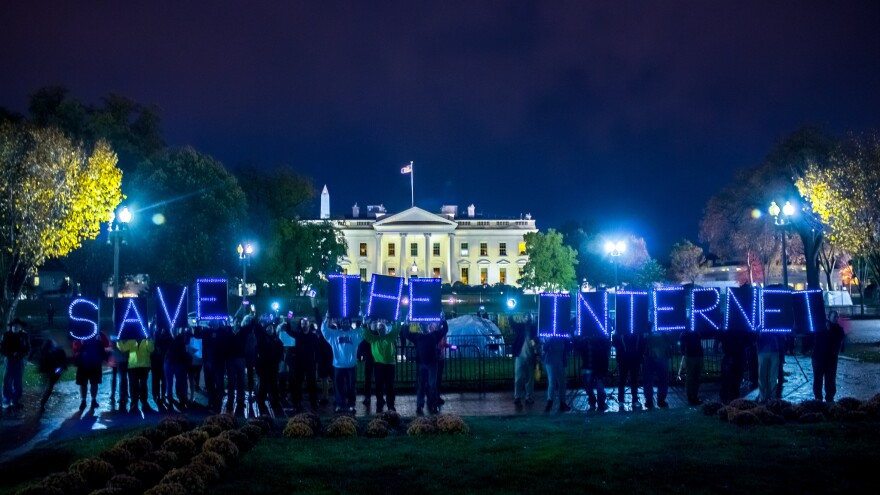Millennials will oust Baby Boomers as the largest voting bloc as early as 2020. Dave Andersen, assistant professor of political science at Iowa State University, joins host Ben Kieffer in this River to River segment to discuss how Millennial voters may change politics in the decades to come.
“They are going to shift the focus of how we talk about government,” Andersen says. “Millennials seem to want lower taxes, more government. They are really in favor of smart government that is more efficient. We haven’t really talked about that yet as a country.”
The shift in values from Boomers to Millennials includes issues like homosexuality, immigrant communities, and the internet. Unlike Boomers or Gen Xers, who view the internet as a tool or entertainment device, Millenials see the internet as “part of the environment, it’s like air and water," says Andersen.
“They view an attack on net neutrality as direly as they view pollution."
Andersen says that Millennial concerns are largely informed by growing up knowing they may not benefit from the same government programs or enjoy the same lifestyles as previous generations. This makes Millennials more open to changing institutions.
“The repeal and replace of government writ large, I think,” Andersen says, “is a Millennial value right now.”
Although this presents a challenge to party strategists interested in the Millennial vote, the Democratic Party has had some success in speaking to Millennial interests.
“Ironically, I think the two politicians who resonate the most with the Millennial generation are both in their seventies: Elizabeth Warren and Bernie Sanders,” Andersen says.


